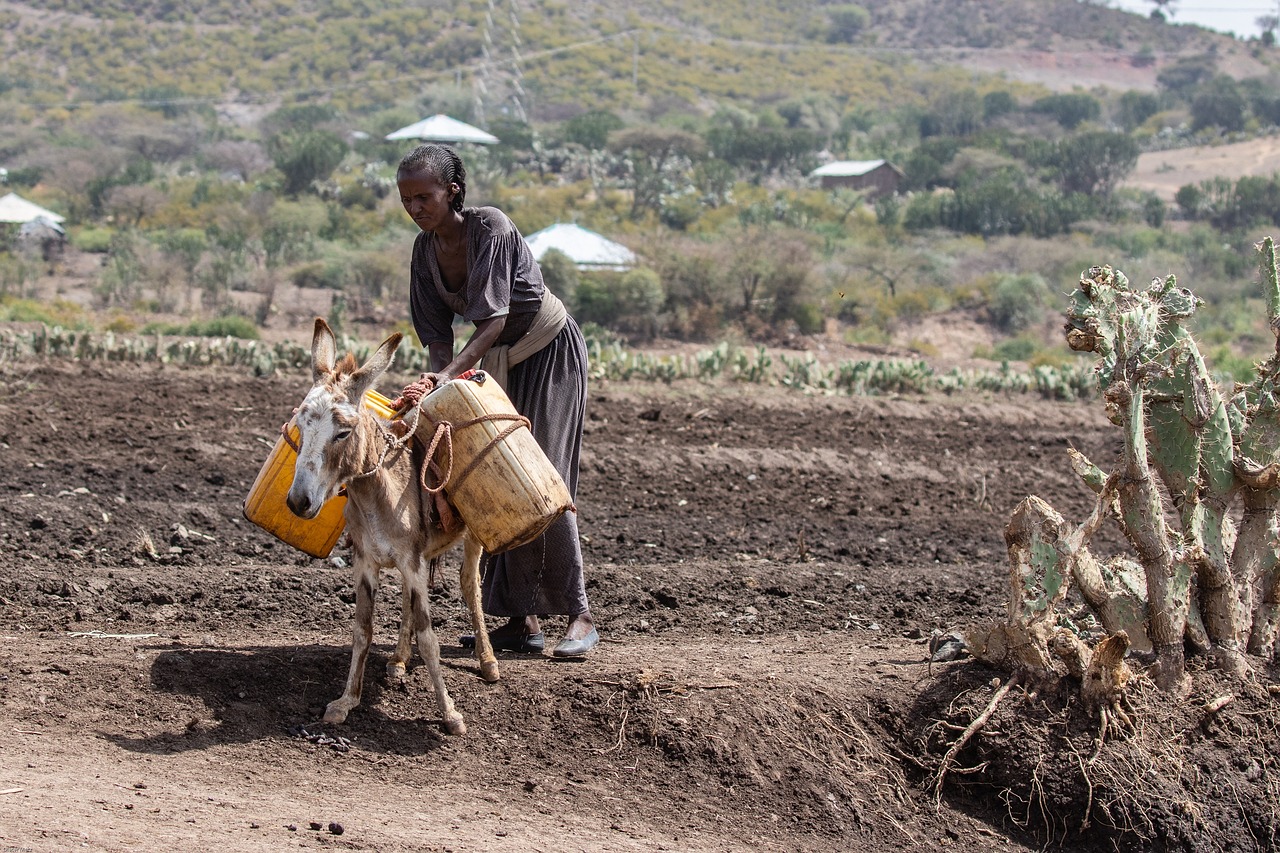Table of Contents
ToggleIntroduction
Globalization, the process by which businesses and other organizations develop international influence or start operating on an international scale, has significantly impacted developing countries. While it brings numerous opportunities, it also presents several challenges that these countries must navigate to achieve sustainable growth.
The Positive Impacts of Globalization
Economic Growth and Development
Globalization has opened doors for said countries to access new markets, increasing their export potential. By integrating into the global economy, these countries can attract foreign direct investment (FDI), which boosts industrial development and economic growth. For instance, countries like China and India have experienced rapid economic expansion by leveraging globalization.
Technological Advancement
The flow of technology from developed to developing countries has been a significant benefit of globalization. Access to advanced technologies has improved productivity, enhanced manufacturing processes, and facilitated the development of new industries. This technology transfer has also improved healthcare, education, and infrastructure in many developing nations.
Job Creation and Poverty Reduction
Globalization has created employment opportunities in these countries through the establishment of multinational corporations and increased trade. The influx of jobs in sectors such as manufacturing and services has helped reduce poverty and improve living standards. Countries like Vietnam and Bangladesh have seen substantial poverty alleviation due to increased employment in export-oriented industries.
Cultural Exchange and Education
Globalization has promoted cultural exchange and access to education. Students from said countries can study abroad, bringing back valuable knowledge and skills. Additionally, the internet and media have facilitated the exchange of ideas and cultures, enriching the social fabric of these nations.
The Negative Impacts of Globalization
Economic Inequality
Despite the overall economic growth, globalization can exacerbate economic inequality within developing countries. The benefits of globalization often accrue to a small segment of the population, typically those with the skills and capital to take advantage of new opportunities. This disparity can lead to social tensions and undermine the stability of these nations.
Exploitation of Labor and Resources
Globalization has sometimes led to the exploitation of labor and natural resources in developing countries. Multinational corporations may take advantage of lax labor laws and environmental regulations to maximize profits. This can result in poor working conditions, environmental degradation, and depletion of natural resources, leaving local communities vulnerable.
Cultural Homogenization
While cultural exchange is a positive aspect of globalization, there is also the risk of cultural homogenization. The dominance of Western culture and values can overshadow and erode local traditions and identities. This loss of cultural diversity can have long-term social and psychological effects on communities in these countries.
Dependency and Vulnerability
Globalization can make developing countries overly dependent on global markets and foreign investments. Economic downturns in developed countries or changes in international trade policies can have severe repercussions on the economies of developing nations. This dependency can undermine their economic sovereignty and resilience.
Navigating the Challenges of Globalization
To harness the benefits of globalization while mitigating its negative impacts, developing countries must adopt strategic policies and frameworks. These include:
– Inclusive Economic Policies: Implementing policies that ensure the equitable distribution of the benefits of globalization, such as investing in education, healthcare, and social safety nets.
– Strengthening Regulations: Enhancing labor laws and environmental regulations to protect workers and natural resources from exploitation.
– Diversifying Economies: Reducing dependency on a single sector or market by promoting diversified economic activities.
– Cultural Preservation: Encouraging the preservation and promotion of local cultures and traditions through education and media.
Conclusion
Globalization presents both opportunities and challenges for developing countries. While it has the potential to drive economic growth, technological advancement, and poverty reduction, it can also exacerbate inequality, exploitation, and cultural homogenization. By adopting strategic policies and frameworks, developing countries can navigate these challenges and harness the benefits of globalization for sustainable development. The journey is complex, but with careful planning and execution, the rewards can be substantial, leading to a more prosperous and equitable global landscape.

